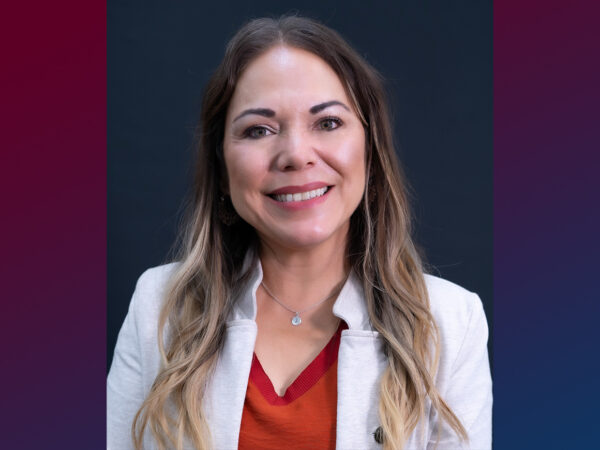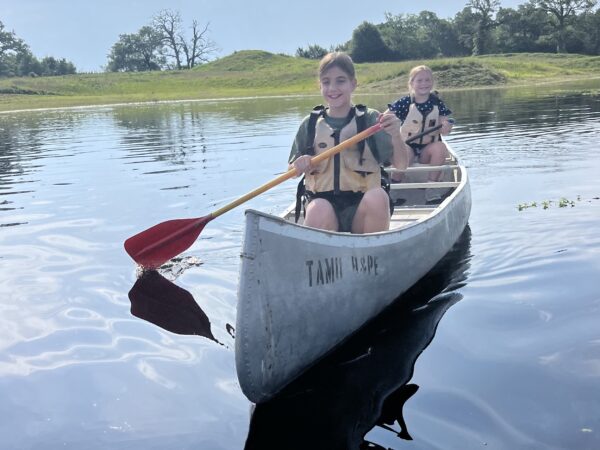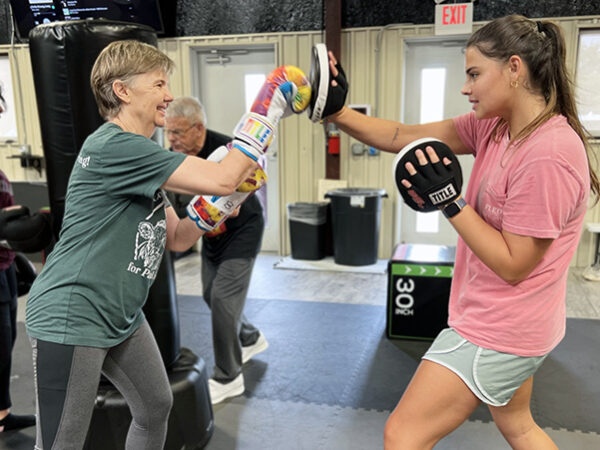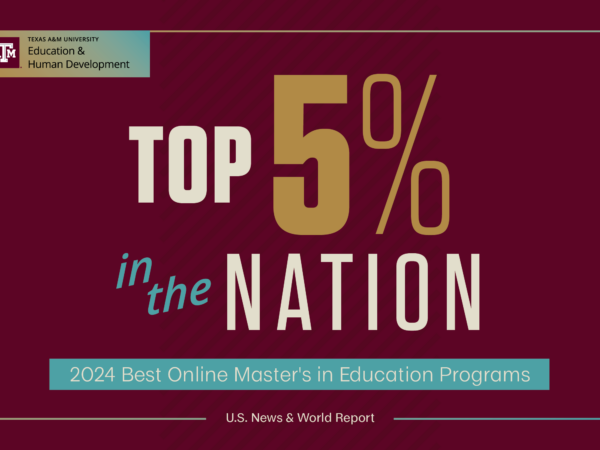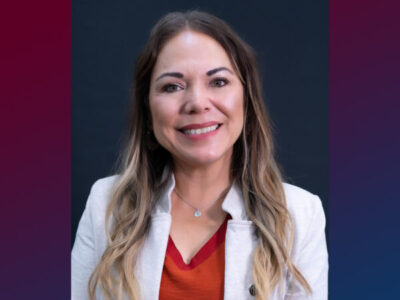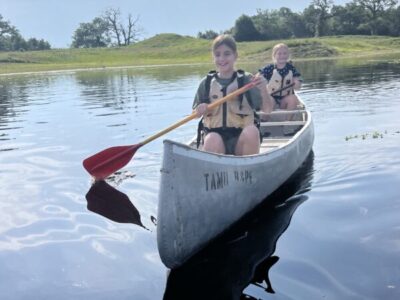Coaching the Next Generation
Undergraduate Coaching Certificate Program Develops Qualified Candidates Amid Shortage
Our Thornton-McFerrin Coaching Academy is addressing the shortage of coaches in schools across Texas and the nation through its Undergraduate Coaching Certificate Program, which offers students the unique opportunity to earn a coaching certificate and gain experience while completing their undergraduate degrees.
“We have a shortage of coaches, not only in the public school systems but in community-based programming as well,” Kelli Campbell, Thornton-McFerrin Coaching Academy Assistant Director, said. “There’s always a need for coaches, so anytime a student is able to give back to organizations like the Boys and Girls Club or Little League it shows we’re here to support the community just like they support us.”
The certificate program has attracted a wide variety of students and majors, including ocean engineering, history, sport management and business. Reasons to participate in the program vary from wanting to teach and coach in public education to starting the path to coach collegiate sports to volunteering in the community or coaching their children’s teams in the future.
The Undergraduate Coaching Certificate Program teaches participants about the different aspects of becoming an effective coach, such as developing critical communication skills, handling conflict, being professional and understanding the importance of networking. These skills are taught through coursework, online training modules, in-person meetings, guest speakers and a variety of workshops. Students also gain CPR and First Aid certification, as well as training in child protection and other critical areas that are mandatory for most coaching positions.
To earn their certificate, participants must also complete 60 hours of field-based experience, coaching at least two different sports — 40 hours in a primary sport and 20 in a secondary. “One of the biggest benefits to the program is they put you in those spots where you can work but you can fail comfortably because you’re going to be able to do it with a coach that’s above you, mentoring you and working with you on the things that you can do better,” Nicholas Rex ‘24, senior kinesiology major and president of the Student Coaches Association, said.
Students also have access to mentoring and networking opportunities through the Student Coaches Association and Aggie Coaches Network. These connections help place students in coaching positions — both training and professional — in college sports across campus, in K-12 education and in community programs.
“Having just come out of the coaching profession, there are two things I think everyone needs to be successful — experience and a network,” Lindsey Killingsworth, Undergraduate Program Coordinator for the Thornton-McFerrin Coaching Academy, said. “Our students have those two things in their back pocket compared to someone who’s fresh out, and they’re going to be the more highly qualified candidate.”
One big contributor to the coaching shortage is the number of overwhelmed coaches leaving the profession. The Undergraduate Coaching Certificate Program is growing its plans based on this feedback to create better-prepared candidates who not only excel at coaching but also know how to build curriculums and work with administration, parents and athletes. “It’s not just about X’s and O’s, and there are ways to learn these variables early on so they’re more prepared and professional when graduating,” Campbell said.
The deadline to register for this semester is February 28. Learn more and apply online here.
For media inquiries, contact Ruben Hidalgo.


